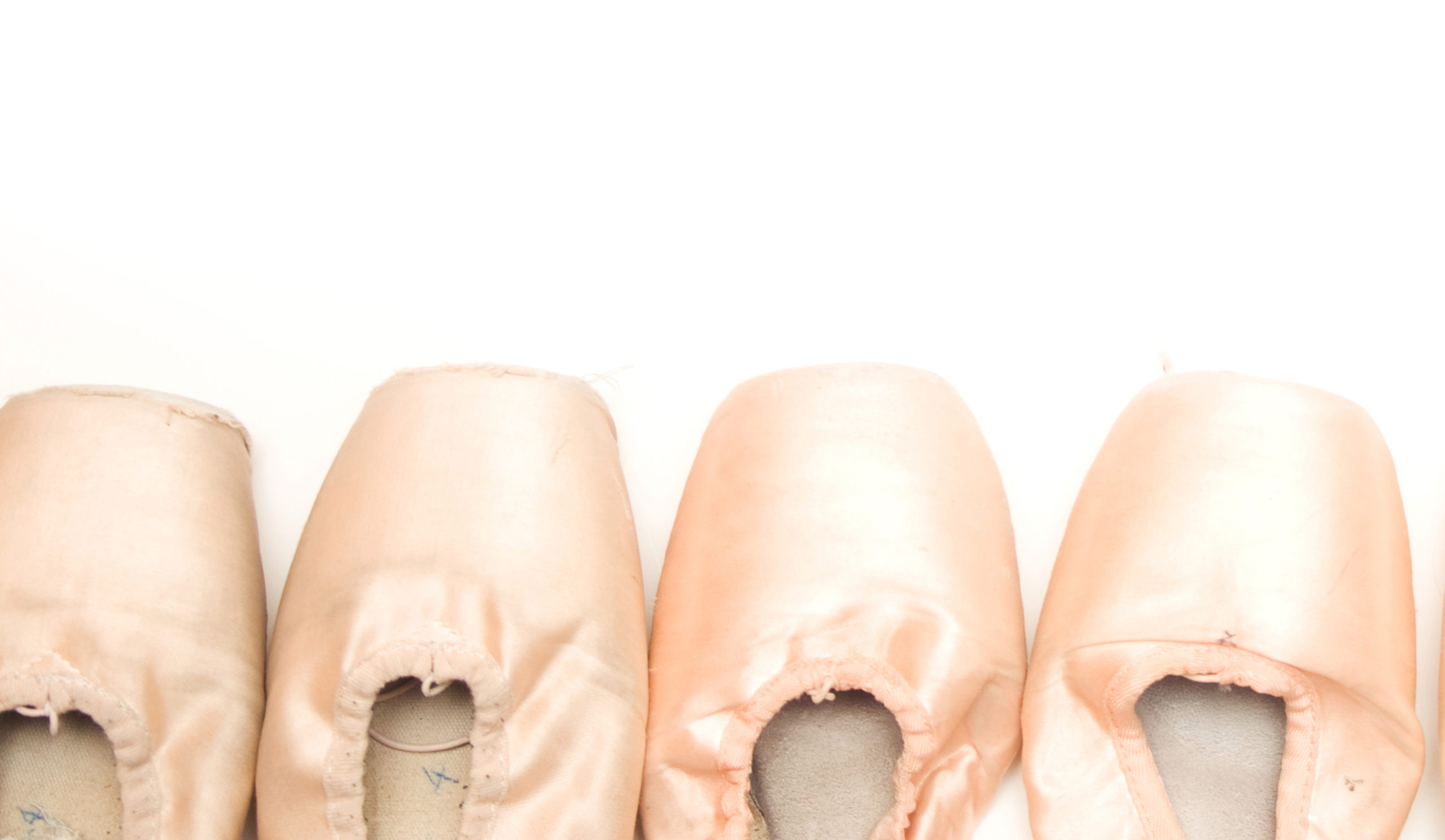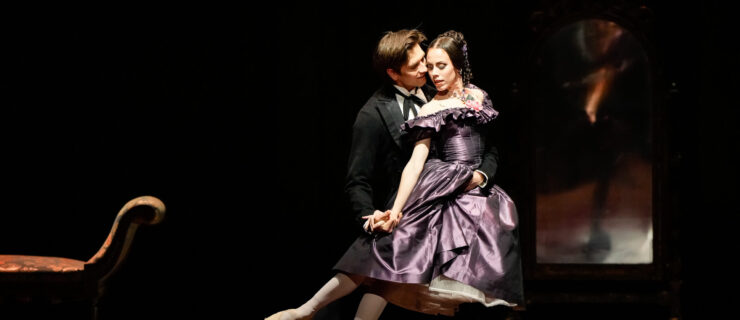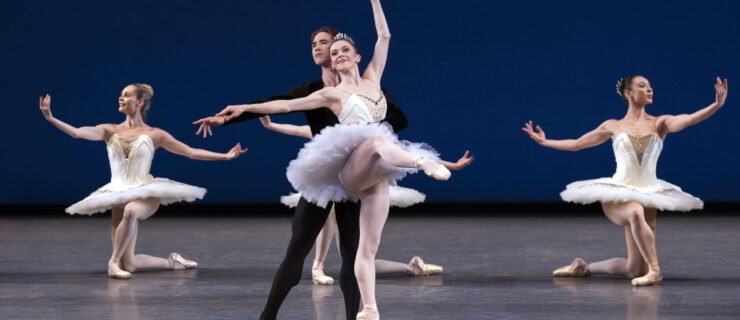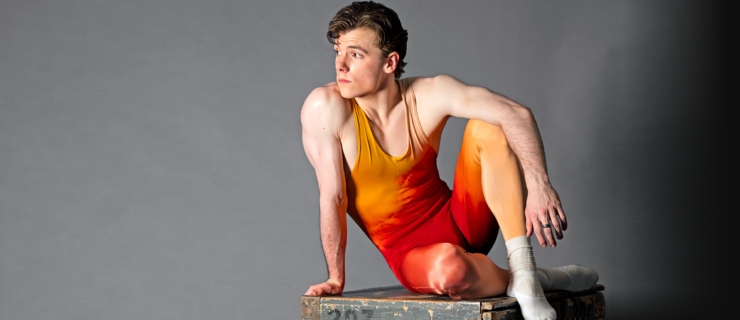Company Life: Promoted at Last
From the moment she gets her first company contract, every corps de ballet dancer dreams of moving up through the ranks. A lucky few are promoted quickly. But more often, corps members must work for many seasons before the title of “soloist” finally comes (if it ever does). While that wait can feel discouraging, it can also be a lesson in patience and tenacity—and in how to find your own artistic opportunities. We asked three dancers who spent several years in the corps de ballet to share the breakthrough moments that finally resulted in their promotions, and the lessons that kept them going on their prolonged paths to the spotlight.
Kylee Kitchens
Joined Pacific Northwest Ballet in 2000; promoted to soloist in 2012
I was in the corps for 11 years. Some people might have given up on a promotion around year 10. I felt discouraged at times, but I knew I wanted to keep dancing. I had discussions with director Peter Boal about what I needed to work on. He recommended improving my overall strength, so I started exercising outside of class and going to yoga.
There was a time when I didn’t think I would ever be promoted, and I had to learn to be okay with that. I was getting solos and variations, so I could find moments onstage that were fulfilling for me. You have to come to a place of peace within yourself—if a promotion isn’t going to happen, dancing professionally is a huge opportunity in itself.
In 2008, we had a full-company audition for Ulysses Dove’s Vespers. The stager, Nasha Thomas-Schmitt, saw something in me and chose me as one of the 11 cast members. The movement in the ballet is powerful, almost rough. Until then, I’d been seen as a classical, lyrical dancer. Realizing I could do this different style of movement gave me so much more confidence. And I think after Peter saw me do Vespers, he saw a different, more diverse dancer in me, too.
Alicia Fabry
Joined Carolina Ballet in 2006; promoted to soloist in 2010
My career has always been a slow process. I’m a very shy person, and I’ve struggled with confidence issues. You can’t change your personality in a year. Opening myself up took some time.
If I did have a breakthrough moment, it was in 2010, when I was cast as the Fairy Godmother in Cinderella. It was my first big solo part, and it was a good transition for me. I was comfortable in the role—it was technical, but not too technical. Things picked up from there: A couple months later, I was cast as Effie in La Sylphide, and at the beginning of the next season, I was promoted to soloist.
I’m a positive person, but I think we all get discouraged at some point in our careers. I was a late starter, not studying ballet seriously until I went to English National Ballet School at 18. (At that point, I couldn’t even do a double pirouette! I had a lot to catch up on.) I’ve had a few injuries that delayed me as well. You feel like you’re disappointing yourself and your director. But, you know, it’s life, and at some point, you have to get past it and say, I’m going to move forward. I wish I’d understood that sooner in my career.
Jordana Daumec
Joined The National Ballet of Canada in 2004; promoted to second soloist in 2010
During my second year in the corps, I understudied the role of the Bee in our Nutcracker. It’s a big jumping role, which I love, and I’d always wanted to do it—it felt so “me.” A couple of days before we closed, they decided to put me on. After that, I started getting more demi-soloist work and some solos in full-length ballets.
Performing those parts gave me the drive to push myself to improve. I wanted to show that I wasn’t just a corps member capable of doing soloist work—I was actually capable of being a soloist. That was a matter of proving two things: that I was dependable and consistent, and that I had the technique to handle regular soloist casting. I knew I had to polish my port de bras and make sure my feet were clean, in particular. Once I refined those things, my promotion came.
I did have days where I thought, Oh, all I really want is to be a soloist. But then I’d ask myself: What’s more important, having the title, or doing the work? I think a lot of young dancers focus too much on the title. Everybody wants to make it to soloist and principal—I mean, that’s why we started dancing. But you can’t control whether they’re going to give you a soloist contract or not. All you can control is yourself. You just keep trucking ahead.





